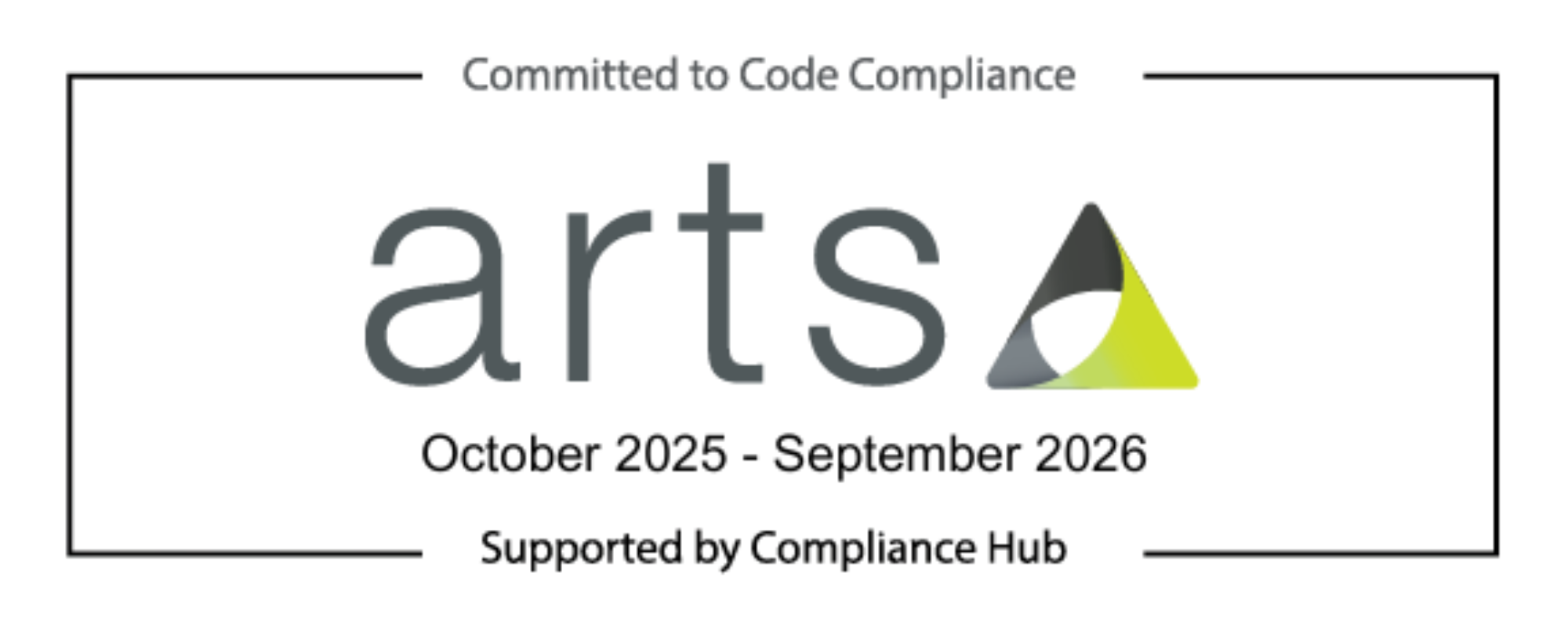Cancer Response Brief to COVID-19
)
I have become progressively involved in improving services for both patients and healthcare professionals with a wide variety of strategic roles for over eight years. As well as my current role at Addenbrookes in leading pharmacy cancer services, I have worked previously as the lead lung cancer and clinical commissioning support pharmacist at the Royal Marsden and NHS England. I am also an elected member of the British Oncology Pharmacy Association (PA) Executive Committee as well as a Director of the UK Clinical Pharmacy Association (UKCPA). As a member of the Centre for Pharmacy Postgraduate Education (CPPE) Advisory Panel, I was part of a team that helped develop a leadership programme for hospital pharmacists. I co-chair BOPA's Governance, Advocacy and Publications (GAP) Subcommittee; working alongside various professional organisations, advocating for the role of clinical pharmacy within the social and healthcare systems.
With the rapid and challenging nature of the COVID-19 pandemic, new pathways have been quickly implemented by clinical pharmacy services across all care settings. From a professional support level, UKCPA, BOPA, the Royal Pharmaceutical Society (RPS), the Clinical Pharmacy Congress team and many other organisations have been playing a key role in upskilling the workforce with free access to educational material, membership extension as well as the delivery of impactful and relevant webinars.
From a cancer perspective, the modifications to usual services through NG161 guidelines by NICE and equivalent at devolved nations required a proactive and prompt response by oncology pharmacy teams and organisations. As such, oncology pharmacy specialists have been integral in the development of local prioritisation plans with governance, capacity and protocol development consideration.' Changes included
- Supportive care management, particularly through the administration of granulocyte colony-stimulating factor in addition prophylactic antibiotics when clinically needed
- Home delivery and self-administration pathways
- Supporting remote consultations over the phone through non-medical prescribers
- Supporting treatment switches to oral and subcutaneous routes
- Stock management
- Clinical trials continued review and support in response to urgent amendments and safety issues
- Supporting the decrease in treatment frequency while supporting appropriate treatment deferrals (e.g. bisphosphonates)
'
In order to continue supporting an optimal response, several steps should be taken to ensure system preparedness at all levels. This can be achieved by optimising communication with cancer services specialised commissioning teams in order to explore timelines of any changes in the commissioning pathway. A comprehensive service review with reflection, evaluation and analysis, is also fundamental in assessing the impact this pandemic has had on cancer care pathway. Developing pharmacy-specific mental wellbeing forums should remain the cornerstone of every change or improvement. With the focus on recovery, a document is planned by BOPA GAP to produce recommendations for the continued pharmacy response within cancer services.'
'


 London
London


